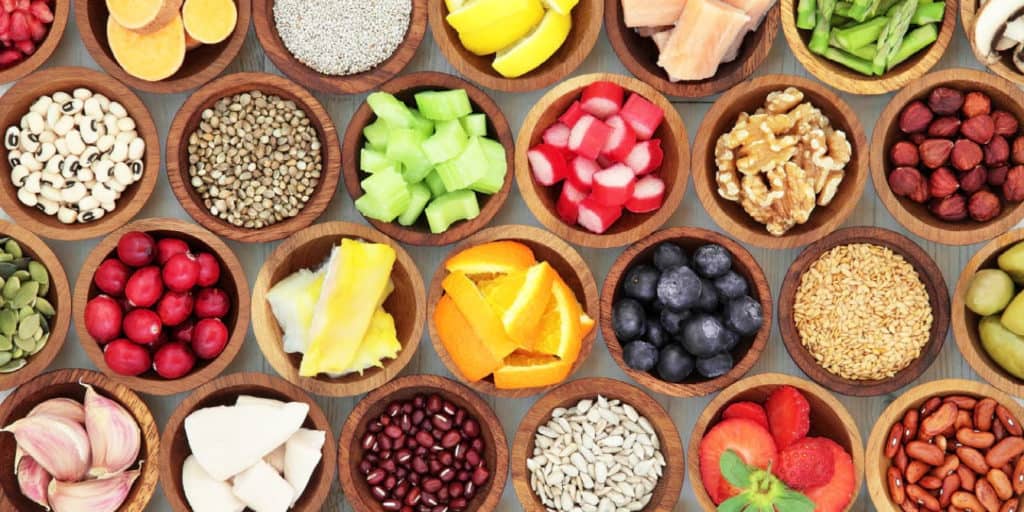Nutrition has an enormous impact on the physical health and wellbeing of older Australians. For the benefit of our Hume Retirement Resort residents and their friends and families; here’s a handy 10 step way to ensure a healthy lifestyle.
Many people don’t realise that nutritional needs vary depending on a person’s age. Just like small children have different dietary needs to teenagers, nutritional needs for seniors are quite different to those of young adults.
Unfortunately, senior nutrition doesn’t get the attention it deserves. Not only does healthy eating for seniors contribute to physical health, but it also has a huge bearing on memory and mental function. Here’s why nutrition for older adults is so important and how to ensure seniors receive adequate nutrition. Believe it or not, seniors are extremely susceptible to malnutrition. This happens for many reasons.
- Metabolism – and appetite – slows down with age
- Less calorie intake means less opportunity for nutrients
- The body’s ability to absorb nutrients (especially specifically important nutrients) decreases with age
Healthy eating for seniors is exponentially important for several reasons. Nutrition impacts health in many ways:
- Organ function: eyes, kidneys, liver, and digestion
- Brain function: memory and cognitive ability
- Managing chronic illnesses like high blood pressure, diabetes, cancer, and dementia
- Strengthening the immune system and promoting proper healing
- Muscle and bone health: preventing fractures and falls, maintaining mobility, strength, flexibility, and posture
10 ways to help ensure adequate nutrition for older adults:
- Add flavour with spices and herbs. Avoid high cholesterol and high sodium flavourings like butter and bacon.
- Stick with fresh or frozen fruits and vegetables: canned goods contain high levels of sodium and sugar.
- Encourage several small meals instead of three large meals.
- Include dark leafy greens like kale and spinach – these are packed with vitamins and minerals.
- Stick with complex carbohydrates like oats, brown rice, and whole grain pastas or breads.
- Choose bright coloured fruits and veggies like peppers and cranberries – these contain lots of antioxidants.
- Include lean protein with every meal like chicken, ground beef, and beans.
- Avoid refined sugars and simple carbohydrates like baked goods, white bread, and white rice – these elevate blood sugar levels and don’t have much in the way of nutritional value.
- Make sure to add multivitamins and supplements for well-rounded senior nutrition.
- Don’t forget to stay hydrated.
The Federal Government have introduced a Health Star Rating System as an informative and easy to use nutritional guide to healthy food purchasing processes.
For more detailed information please contact: Heath Star Rating

